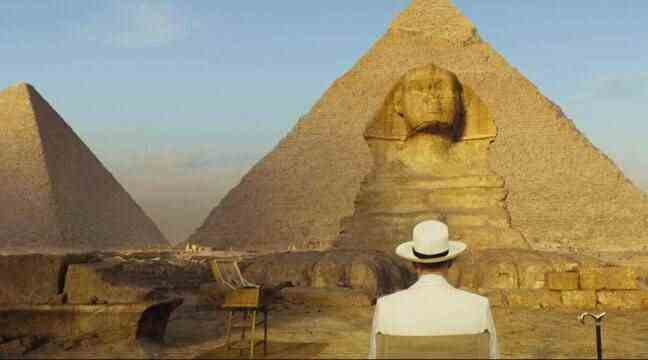Hercule Poirot, his little gray cells and his mustache are back! After
The crime of the Orient ExpressKenneth Branagh is heading back into the detective role for Death on the Nile, another Agatha Christie classic. As for the first opus, he surrounded himself with stars among whom we recognize, among others, Gal Gadot, Emma Mackey, Armie Hammer and Annette Bening.
As the title suggests, the action takes place in Egypt around a rich young woman, her recent husband and the rival he left to make this beautiful marriage. “Even more than in The crime of the Orient ExpressI appropriated the character of Poirot and the plot of Agatha Christie”, he confides to 20 minutes.
A shocking act
Although the sets and costumes take you back in time and back to before the Second World War, Kenneth Branagh chose to modernize the plot laid out by the novelist. He kept the main plot but changed some important details to make the protagonists more current. This brings a welcome facelift to a novel published in 1937 and already adapted for cinema and television, notably with Peter Ustinov then David Suchet in the role of Poirot. Fans of the novelist’s work feel on familiar ground with just enough changes to make the whole thing appealing.
The main liberties taken by Kenneth Branagh are those he granted himself with the hero, Hercule Poirot himself. Not content to reveal why he wears his legendary mustache from the first sequence, he confirms the trend, initiated in The crime of the Orient Express, to make it more adventurous in every sense of the word. “It seemed important to me that he be different from the other Poirot”, insists the director. And different, he really is until a finale where he commits a shocking act (which we won’t reveal) leaving the character’s lovers frozen like the symmetrically arranged boiled eggs that the detective consumes for his breakfast.
A disturbing mystery
There is no doubt that Kenneth Branagh adores the work of Agatha Christie. His enthusiasm is communicated to his actors and to the sumptuous reconstitution of Egypt. The spectator has only to let himself be carried away on the river to relive a classic of detective literature which is a pleasant change of scenery. Coming out of Death on the Nileone wonders how his Hercule Poirot could evolve, if he took the filmmaker the desire to adapt a new book.
Hercule Poirot, a complex figure in the service of justice

